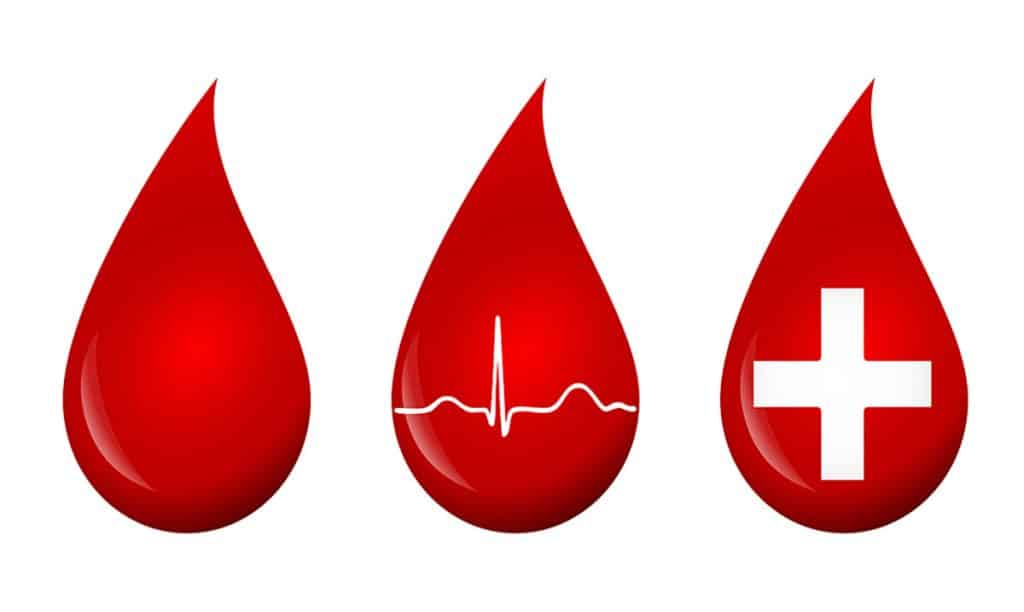The best and most effective medicine is prevention. The only real way to protect yourself from deadly diseases and health issues is by preventing them! Little did you know that you can use your blood type to do so!
Although all blood looks the same, it is all very different. There are many different types of blood. Each blood type still contains the same basic components of blood like RBC, platelets, plasma, etc.,. The different blood types are classified by the antigens, which are proteins and sugars that our body uses to identify blood cells as belonging to its own system. It is an amazing process! The blood type classifications are A, AB, B, O. Each blood type reacts differently and have their own traits.
Digestion Problems
This was confirmed by naturopath, Peter J. D’adamo. He says that various blood types result in varying nutritional need. Type O tends to digestion problems. Type A has sensitive immune systems. They should eat lots of vegetables and fruits.
Fertility Issues
Blood type can affect a woman’s fertility. Studies show women with type O blood tend to be the least fertile. The study looked at several women. They found that women with type O blood type carry fewer eggs. They also have a hard time maintaining fertility.
Cognitive Decline
Studies have found that people with type AB blood type have a higher risk of cognitive decline. One study showed that AB blood type results in an 82% increased chance of developing memory loss with age. Blood types can also make you feel angry, happy, or sad! People with blood type A carry more cortisol, so their stress levels tend to be higher than average. People with type O blood are susceptible to having outbursts of anger.
Ulcers
Some studies show that people with type O blood are more likely to develop stomach ulcers. This is because your immune system sends antibodies to defend against pathogens, and people with type O blood tend to send out antigens that cause inflammation, swelling, and ulcers.
Pancreatic Cancer
Studies reveal that people with type A blood have a 32% increased risk for pancreatic cancer. Type AB blood has 51% increased risk and 72% increase for Type B.



